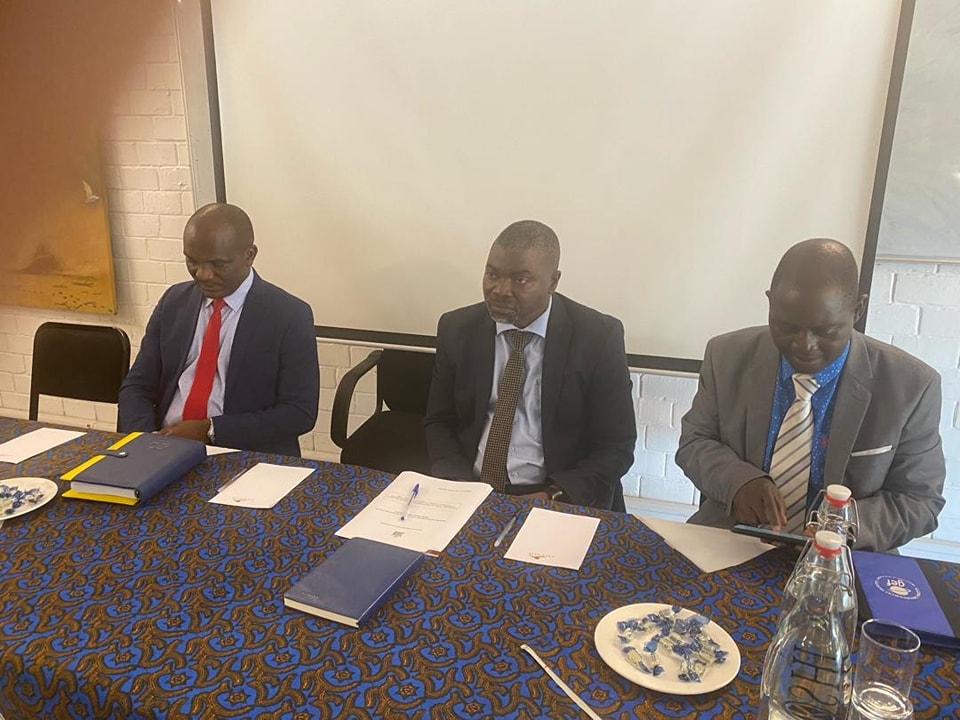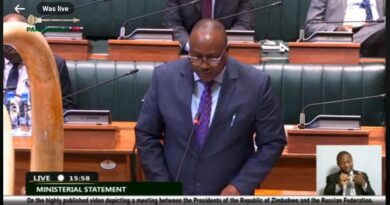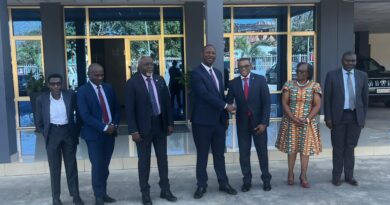Zambia’s Forest-Based Approaches Vital for Climate Change Mitigation, says Dr. Douty Chibamba
Dr. Douty Chibamba, Permanent Secretary of the Ministry of Green Economy and Environment, underscored the crucial role of forest-based approaches in mitigating climate change.
Speaking at the Activity Data Collection Training Workshop for district staff in the VERRA REDD+ Methodology in Chongwe, Dr. Chibamba emphasized the substantial contribution that such approaches can make towards combating climate change.
While recognizing the importance of forest-based solutions, Dr. Chibamba also stressed the necessity of pursuing multiple strategies simultaneously.
He highlighted the imperative to shift towards low-carbon energy production and implement measures to assist the forest sector in adapting to climate change challenges.
Dr. Chibamba reiterated the government’s commitment to transparency and accountability in emission reduction accounting, aligning with the requirements of the United Nations Framework Convention on Climate Change (UNFCCC).
He emphasized the need for accurate activity data to effectively measure emission reductions, particularly in the Land Use, Land-use Change and Forestry (LULUCF) sector.
The Permanent Secretary acknowledged the international recognition of Zambia’s efforts, particularly by organizations such as VERRA, which has identified the country’s need for baseline data to inform decision-making in carbon projects.
VERRA, known as the world leader in creating standards for climate action and sustainable development, plays a pivotal role in certifying activities aimed at reducing emissions and expanding carbon sinks.
Dr. Chibamba highlighted the diverse range of VERRA methodologies and standards, including the verified carbon standard, jurisdictional and nested REDD+, and the plastic waste reduction standard.
He noted that Zambia currently has 21 projects utilizing VERRA methodologies, spanning across agriculture, forestry, energy demand, and renewable energy sources.



